
When Convenience Becomes a Crisis: The Global Impact of Ultra-Processed Foods
Rewritten & Expanded Article (With Reputable Sources Added)
Across the globe, public health experts are sounding the alarm over a rapidly escalating crisis linked to the widespread consumption of ultra-processed foods (UPFs). These foods—characterized by industrial ingredients, additives, and minimal whole-food content—have become dietary staples on nearly every continent. Now, a growing body of scientific evidence suggests that UPFs are playing a central role in the rise of chronic illnesses, prompting researchers to warn that the world may be entering a new phase of nutritional and metabolic emergency.
Ultra-processed foods include packaged snacks, sweetened beverages, instant noodles, processed meats, fast-food items, and many ready-to-eat products engineered for convenience. While these products are inexpensive and highly palatable, they often contain high levels of salt, sugar, unhealthy fats, preservatives, and flavor enhancers. According to the World Health Organization (WHO), diets dominated by such foods are directly associated with increased rates of obesity, cardiovascular disease, type 2 diabetes, and certain cancers. WHO is currently developing its first formal guidelines on UPF consumption, reflecting the scale of global concern.
In recent years, major studies have provided compelling evidence of harm. A 2024 umbrella review published in the BMJ, analyzing data from over 9 million participants, linked UPF intake to 32 negative health outcomes, ranging from metabolic disorders and inflammatory diseases to mental health conditions such as depression and anxiety. Similarly, a landmark 2024 analysis by the International Agency for Research on Cancer (IARC) found that high UPF consumption was associated with a significantly elevated risk of cancer and cardiometabolic multimorbidity—conditions that frequently occur together and dramatically increase mortality risk.
Researchers also warn that this problem transcends national borders. In countries from the United States and Brazil to India and South Africa, UPFs now account for more than 50% of daily caloric intake, according to global nutrition surveys reported in The Lancet Public Health. This shift in dietary patterns has paralleled rising rates of obesity, hypertension, fatty liver disease, and early-onset chronic illnesses previously seen only in older populations. Alarmingly, children and adolescents are among the most affected groups, with studies from the Harvard T.H. Chan School of Public Health indicating that high UPF intake in youth sharply increases the likelihood of long-term metabolic disorders.
Beyond individual health impacts, the economic and social consequences are immense. Chronic diseases driven by poor diet contribute to billions of dollars in healthcare costs annually and place long-term strain on national health systems. Public health experts argue that unless governments introduce stronger regulations—such as labeling laws, advertising restrictions, and fiscal measures—the burden of chronic disease will continue to grow. Organizations like UNICEF and FAO have also warned that UPFs are replacing traditional, nutrient-rich diets even in low- and middle-income countries, accelerating a silent but profound nutritional transformation.
Although no single policy solution can reverse the trend immediately, the mounting evidence underscores the urgency of coordinated global action. Scientists emphasize that the goal is not to eliminate all processed foods, but to reduce dependence on highly engineered products that undermine metabolic and cardiovascular health. Encouraging whole-food diets, improving food environments, educating consumers, and regulating harmful ingredients are key steps already being explored in several nations.
While researchers stop short of declaring an official worldwide “health emergency,” many agree that the growing dominance of ultra-processed foods represents one of the most significant public health threats of the 21st century. As findings continue to accumulate, the message becomes increasingly clear: confronting the rise of UPFs is essential to curbing the global surge in chronic illness and protecting future generations.
News in the same category


A Simple Superfood That Enhances Your Baby's Brain Development During Pregnancy
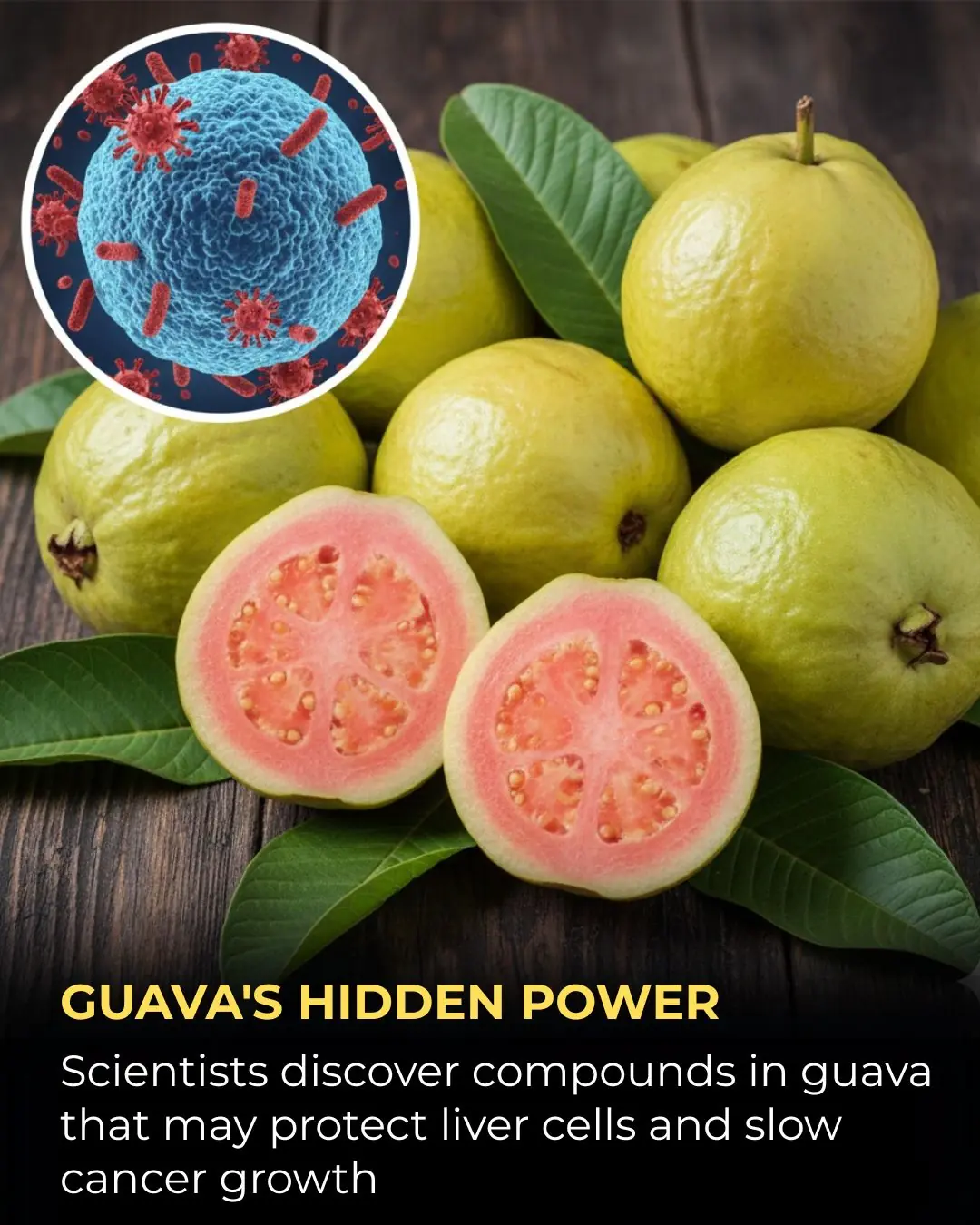
Nature’s Defense: How Guava May Support Liver Health and Fight Cancer Cells

The Powerful Role of Eggs in Supporting Early Memory and Learning in Babies

📱 The End of Wallet Clutter: Apple’s Digital ID Revolutionizes Identity Verification and Travel

Lighting the World Without Batteries: A Teen’s Breakthrough in Thermoelectric Innovation

Judy Faulkner: The Billionaire Tech Entrepreneur Pledging 99% of Her Fortune to Philanthropy

🤝 The Collaborative AI Future: OpenAI Launches WhatsApp-Like Group Chats in ChatGPT
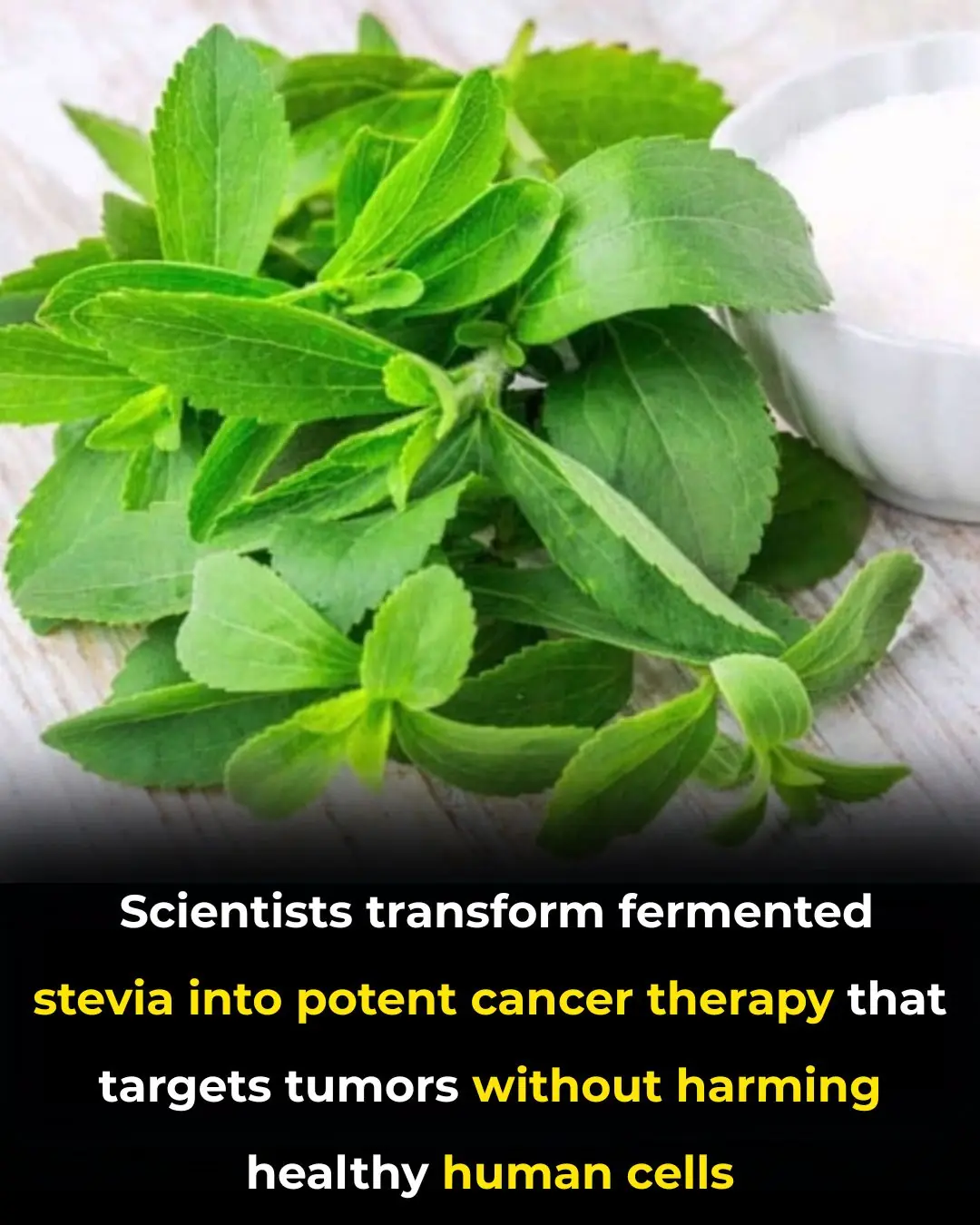
Unlocking Nature’s Medicine: How Fermented Stevia Could Transform Future Cancer Treatment

True Devotion in Fatherhood: The Power of Showing Up, No Matter the Circumstances

🇯🇵 Innovation with Compassion: Japan's Heated Benches Offer a Practical Solution to Protect the Homeless

🔦 Stepping into the Upside Down: How Netflix is Revolutionizing Fan Engagement with Immersive Stranger Things Experiences in London

Historic Transcontinental Robotic Surgery: Doctor in Rome Performs Live Surgery on Patient in Beijing

🧠 The Nocturnal Rinsing Cycle: Deep Sleep, CSF Dynamics, and the Fight Against Alzheimer's

🌊 A Paradigm Shift in Urology: Non-Invasive Shock Wave Lithotripsy Revolutionizes Kidney Stone Treatment

Targeting a Hidden Brainstem Circuit: New Breakthrough Reverses Core Autism Symptoms in Lab Models

AI Models Ignoring Human Shutdown Commands: A Growing Concern for Safety and Control

Portuguese Mother Discovers Her Twin Boys Have Different Fathers in Rare Case of Heteropaternal Superfecundation

Revolutionary Magnetic Microrobots Could Transform Stroke Treatment with Targeted Therapy
News Post

Unlock Radiant Skin: The Ultimate Guide to Using Beetroot Gel for Glowing, Spotless Skin

Fenugreek Seeds for Hair Growth: The Power of Fenugreek Hair Rinse and Its Benefits for Hair

Japanese Milk Wax To Get Rid Of Unwanted Facial Hair
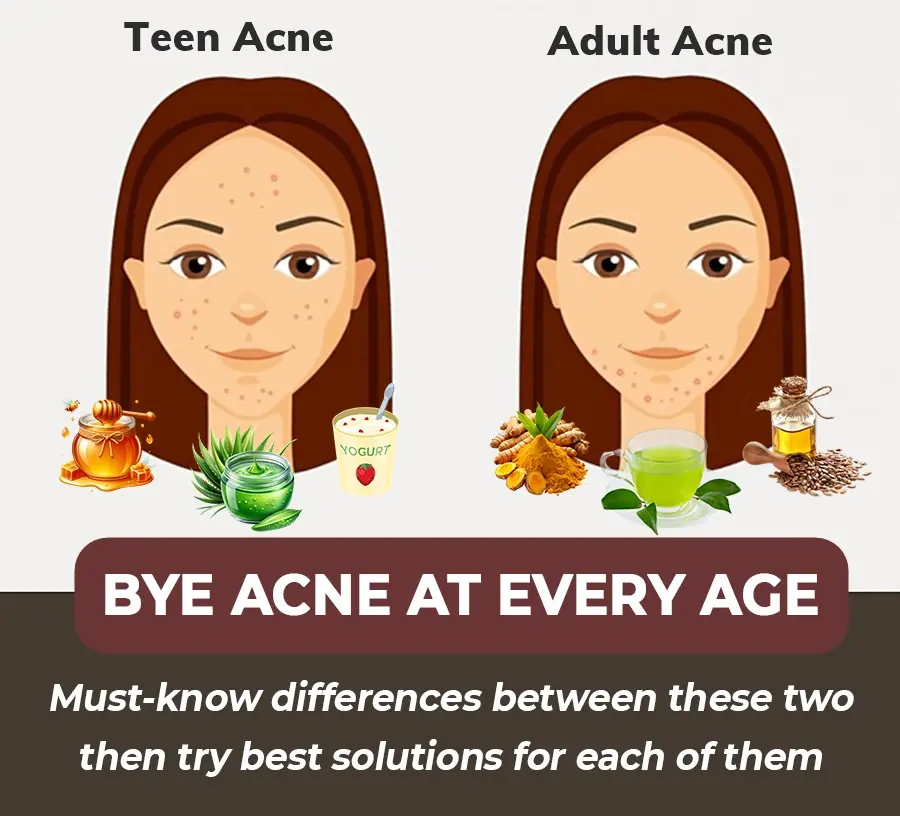
When Will I Outgrow My Acne? The Difference Between Adult and Teen Acne

5 Mascara Tips For Short Lashes

LEVEL UP YOUR LASH GAME: Top 5 Tips for Eyelash Extension Success!
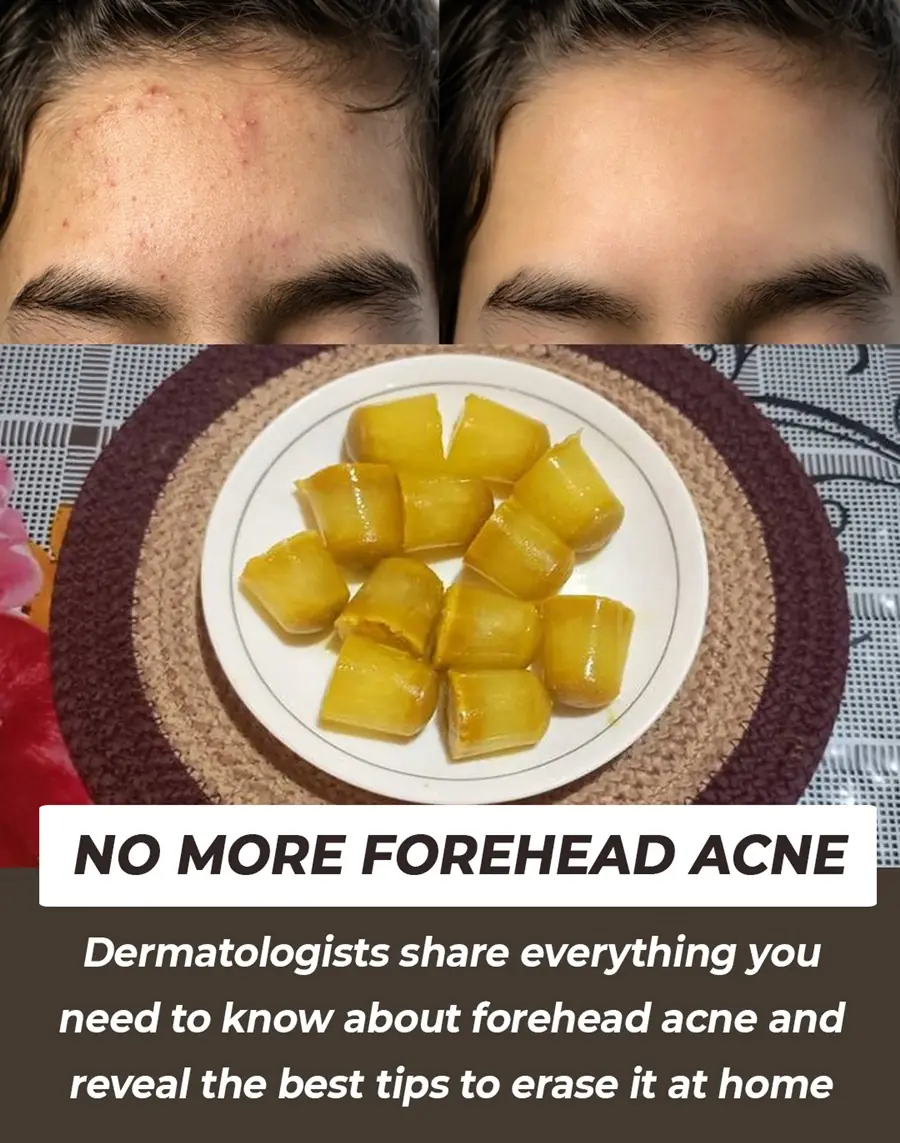
Forehead Acne and What to Do About It

11 Common Eyebrow Mistakes Women Make in Their 60s (And How to Fix Them!)

How to Prevent and Treat Age Spots: Expert Tips for Radiant Skin

5 Ways Your Skin Changes as You Age and How to Keep It Vibrant

DIY Fenugreek Oil for Hair Growth – Get Thick Hair
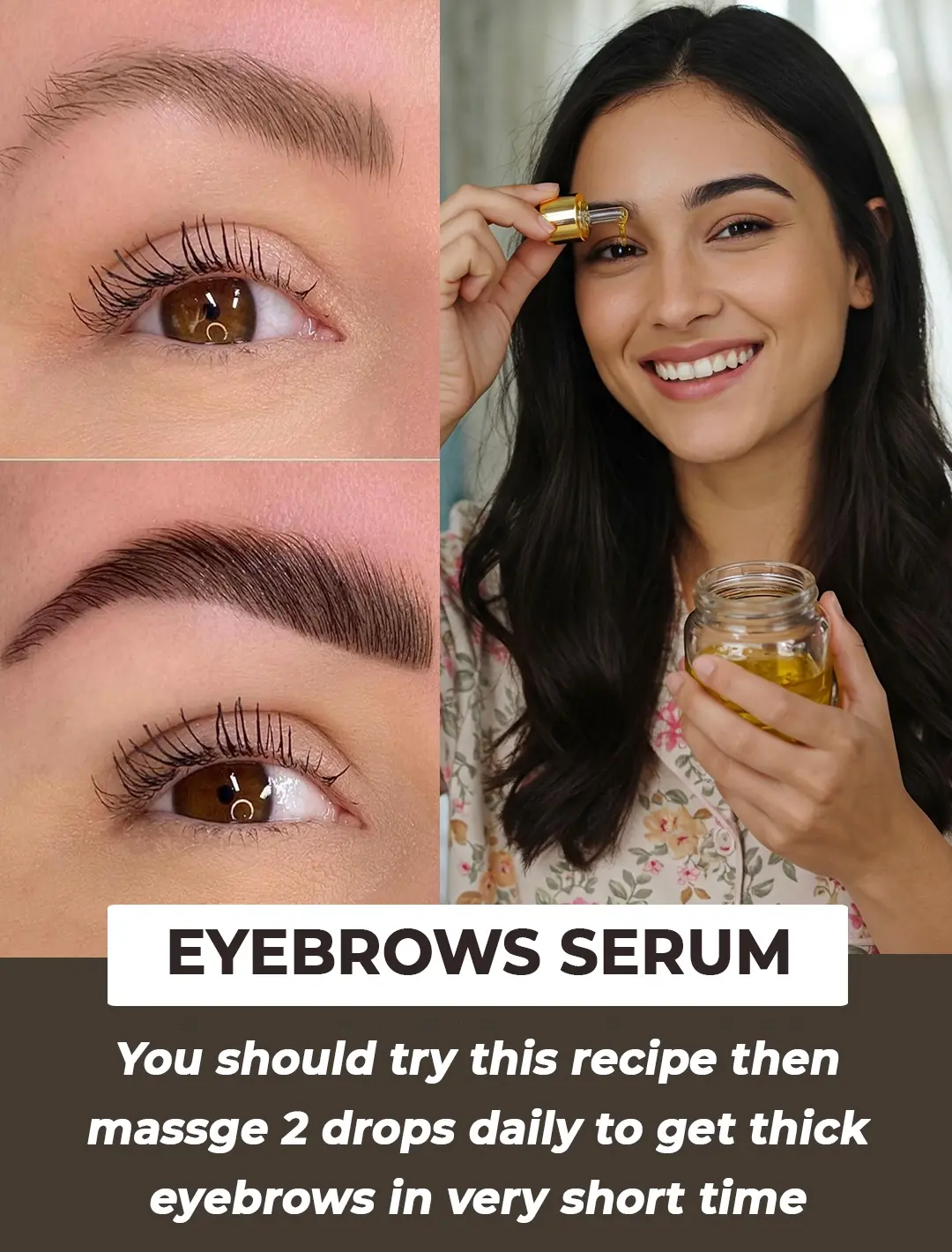
Brow Boosting Serum: The Natural Way to Achieve Full, Thick Eyebrows

Why You Should Be Putting Salt in Your Toilet

Why Some Children Don’t Visit Their Parents Often

DIY Vaseline Cream: The 4-Ingredient Glow Hack That Makes Your Skin Baby-Soft Overnight

DIY Fenugreek Hair Masks for Hair Growth & Reducing Hair Fall

Will Americans Receive $2,000 Stimulus Checks? What You Need to Know

Revolutionary Miniature Implant Offers New Hope for Restoring Vision in Macular Degeneration Patients

A Simple Superfood That Enhances Your Baby's Brain Development During Pregnancy
